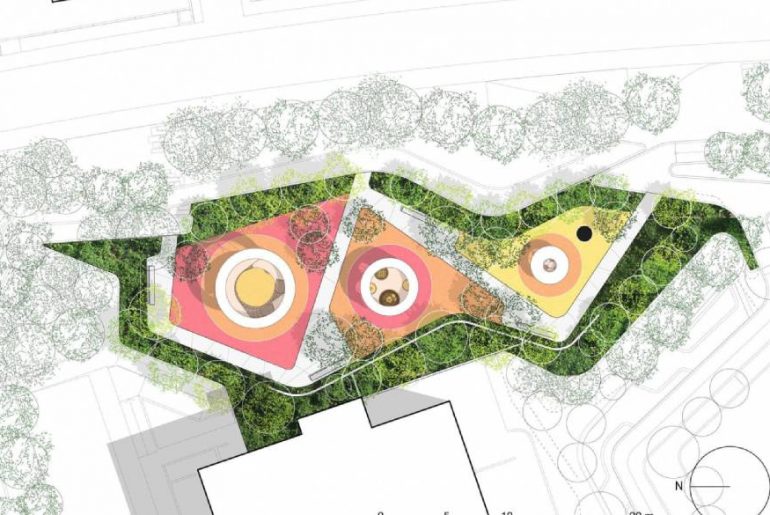

Skills for your CVĪs well as fostering and developing your creative design flair, you'll gain knowledge of plants, site analysis, surveying, garden design and the theories behind landscape architecture, garden history and conservation. After developing your expertise and building a reputation, you may choose to be employed or self-employed as a consultant.įind information on employers in environment and agriculture, property and construction and other job sectors. Some graduates go on to set up their own gardening, landscape design or landscape architecture business. There are also opportunities with voluntary organisations, public sector bodies such as the Forestry Commission, and large engineering and construction firms. government advisory and heritage agencies.

private landscape architectural practices and consultancies.Search for placements and find out more about work experience and internships. Membership of organisations, such as the Society of Garden Designers (SGD) or the Landscape Institute, is also useful for building up a network of contacts who may be able to advise on work experience opportunities or setting up your own business. Try to find some relevant work experience, for example, working or volunteering for a commercial nursery, organic producer, garden centre, park, public or privately-owned garden, or a local community or charitable organisation. Look for student design competitions to enter, as these provide the opportunity for you to work on show gardens at high-profile events.Ĭompleting some part-time paid or voluntary work can help you develop useful skills such as teamworking and effective communication. You may even be able to complete your placement abroad if you wish. Universities often have links within the landscape and garden design industry and may be able to help you find a suitable placement opportunity.


 0 kommentar(er)
0 kommentar(er)
